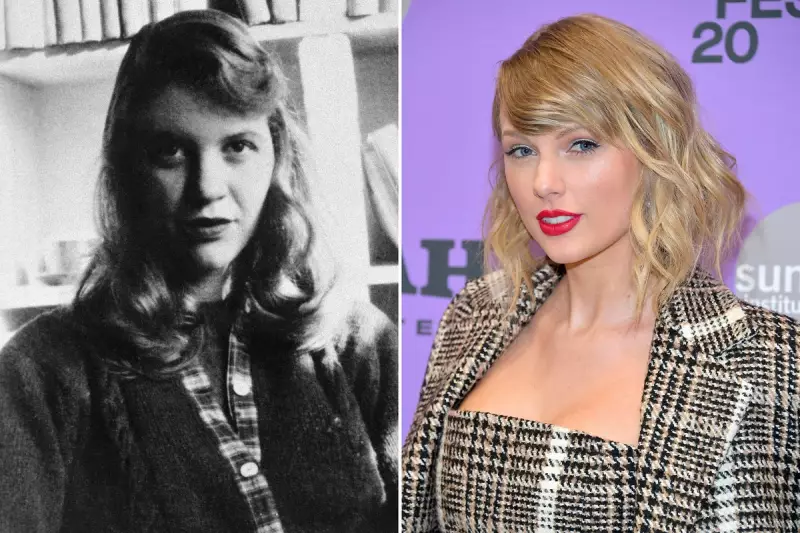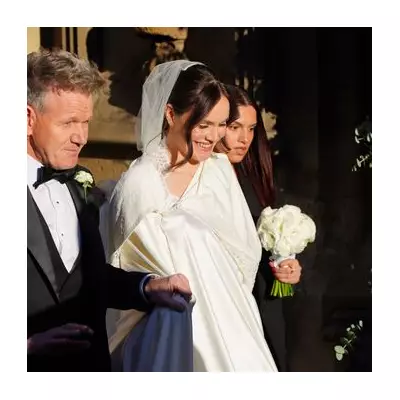
In the crowded landscape of contemporary cultural criticism, Maggie Nelson's new essay-length book The Slicks: On Sylvia Plath and Taylor Swift arrives with an ambitious premise that ultimately fails to convince. Published by Penguin and released in November 2025, Nelson's work attempts to draw meaningful parallels between the iconic poet and the global pop phenomenon, but the comparison feels strained and curiously dated.
The Problematic Premise
Nelson, celebrated for works like The Argonauts, positions Swift and Plath as "cultural sisters" united by their prolific output and shared experience of patriarchal pushback. The book's title derives from Plath's diary aspiration to "break into those slicks" - the glossy magazines of her era. Nelson explores what she describes as "the female urge towards wanting hard, working hard, and pouring forth" and positions both artists as targets for disparagement.
However, as critic Hannah Ewens noted in her Saturday 15 November 2025 analysis, beyond their status as industrious female icons who achieved extraordinary fame, there's little substantive connection between their work or artistic legacies. The comparison often feels like an academic exercise in flattening the distinction between high and low culture rather than revealing genuine insight.
Where the Argument Unravels
The timing of The Slicks proves particularly unfortunate given the shifting cultural conversation around Swift. Released after what many critics consider Swift's weakest album to date, The Life of a Showgirl, Nelson's defence of Swift as a serious literary artist feels out of step with current discourse. Where Nelson hears "relatively complicated and dark" material in The Tortured Poets Department, many listeners found the album surprisingly drab and lacking the raw intimacy promised by its themes.
More problematic is Nelson's framing of criticism toward Swift as primarily rooted in sexism. While acknowledging that some pushback against powerful female artists contains genuine sexist undertones, Nelson overlooks more substantive concerns about Swift's embrace of variant culture, market domination tactics, and associations with conservative entities like Brittany Mahomes and Barstool Sports.
A Dated Cultural Moment
The Slicks reads like a relic of mid-2010s poptimism and girlboss feminism, a period when every act by a female artist was interpreted as radically feminist. As Ewens observes, we've evolved beyond this specific cultural moment, and Nelson's analysis suffers for not acknowledging how the conversation has shifted.
The book becomes most effective when read as a love letter to Swift rather than as serious comparative analysis. Nelson reveals herself as a genuine Swiftie, describing the artist as a "genius" and offering elegant observations about both women in isolation. These moments recall earlier works like Alana Massey's All The Lives I Want or Tavi Gevinson's Fan Fiction zine, which blended cultural criticism with personal fandom to more compelling effect.
Missed Opportunities
Where The Slicks could have offered meaningful insight - examining Swift's self-deification ambitions or the curious timing of her releases to block competitors like Charli XCX from chart success - it instead retreats to familiar territory. Nelson's conclusion juxtaposing Plath's tragic final days with Swift's performance of "Midnight Rain" feels particularly strained, highlighting the fundamental mismatch between these two artists separated by time, tone, and tragedy.
Ultimately, while containing moments of elegant observation, The Slicks demonstrates the limitations of forcing connections between cultural figures who share little beyond their gender and ambition. In attempting to bridge the worlds of poetry and pop, Nelson's analysis ultimately serves to highlight the vast distance between them.





